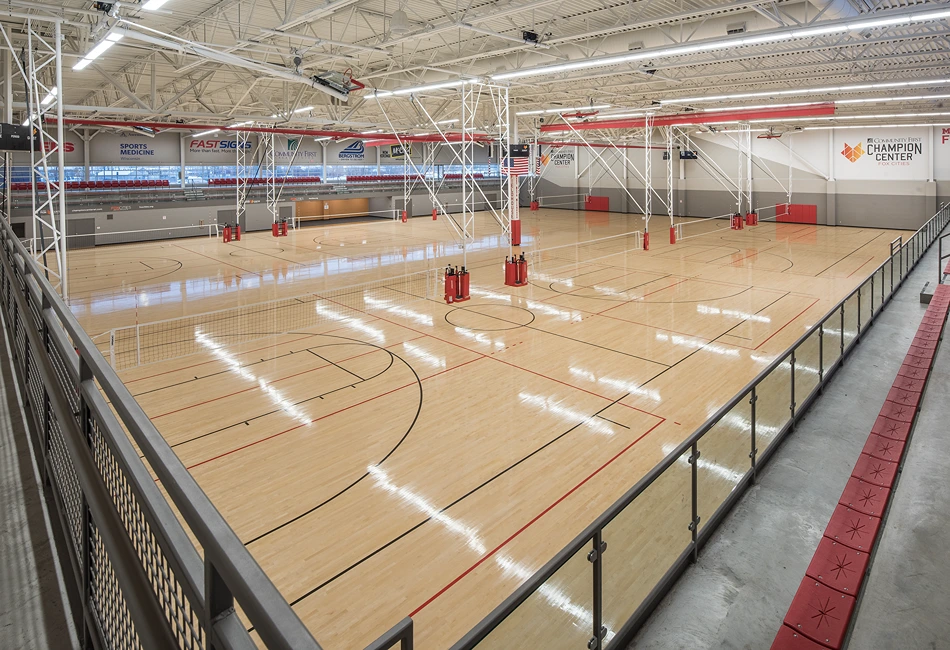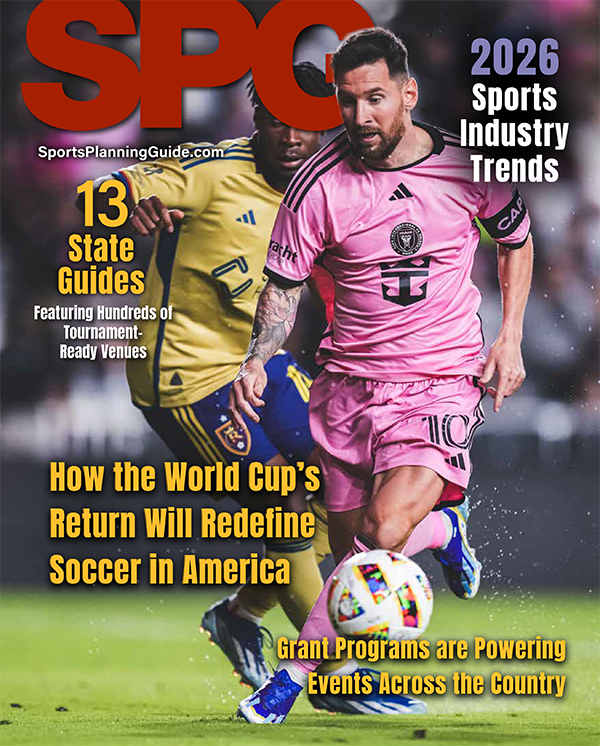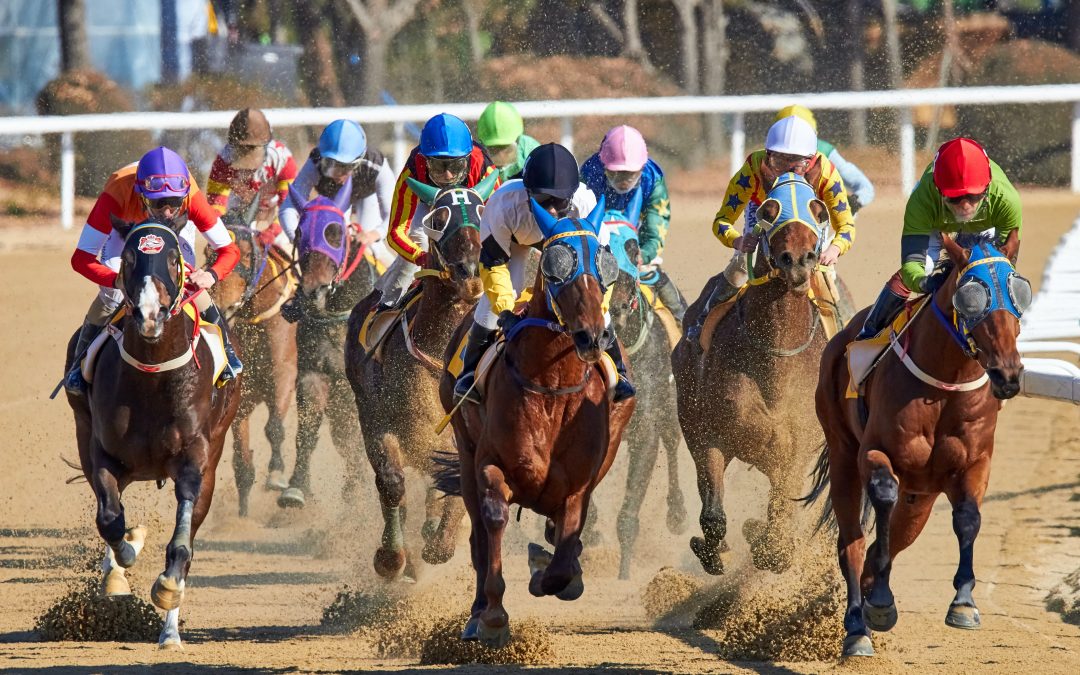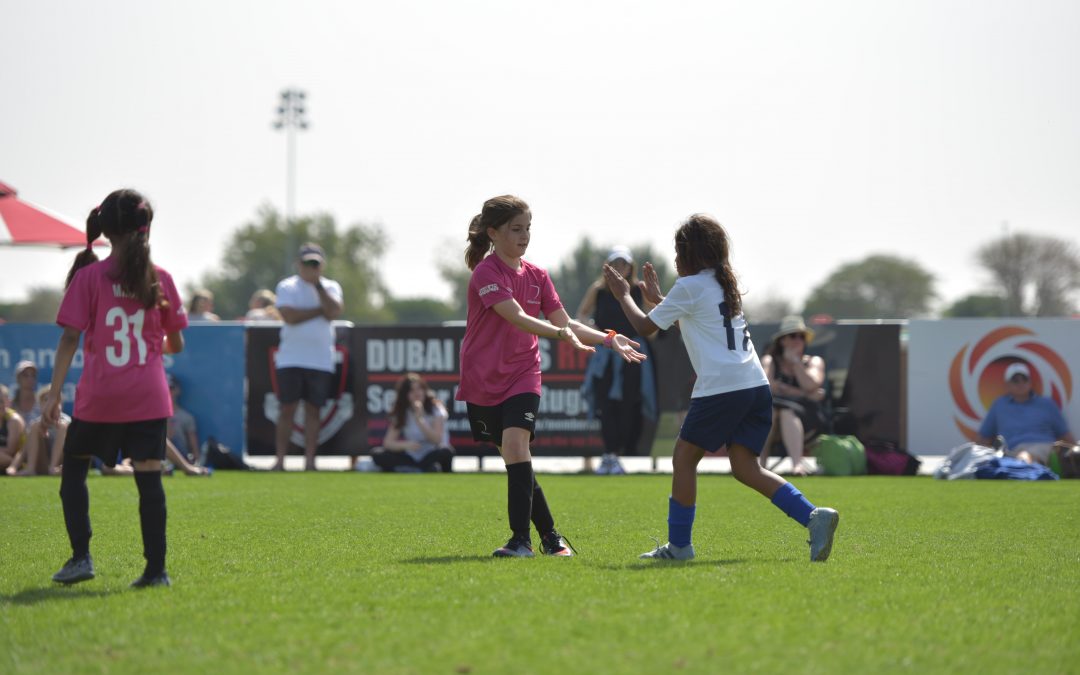Exploring the economic and social benefits of sports tourism for local communities
By Christopher D. Silbernagel
It is no secret that destinations throughout the United States and across the globe are reporting that sports tourism creates a strong, annual economic impact, not just on a large scale like a Super Bowl or NCAA Championship, but also youth tournaments and events. However, economic impact is not the only key component to the industry and its success. Sports tourism has also played a major part in community building in terms of sociocultural factors.
Stay Ahead in Sports Planning—Subscribe Today! and Read More Sports Info for FREE
How sports tourism builds community and brand image
The big events that bring people together are great for making tourists and locals alike happy, as delivering these events offer unique experiences to communities, but the financial gains also assist in community interests. While financial commitments are not always sports related, since education, roads and other needs are important, when money is invested into building or improving existing sports facilities it is not just the event runners that prosper.
When a college or high school basketball arena is improved, the young athletes also get to utilize the facility and the school benefits from potentially drawing in more usage from local and out-of-state operators. The new local sports center or gym that opened, with multiple fields and courts, is not just a space for traveling teams. People within the community use these types of facilities for anything from local leagues to pick-up games and even non-sporting events like watching a big game in groups or a birthday where on-site food and drinks can be enjoyed.
This all equates to brand imaging for destinations, not unlike a company or organization marketing to become more appealing to a larger audience to increase revenue or donations for a cause. Building your brand is a critical part of current social and economic cultures, which is why the Olympics are still a “dream” event to host despite the financial strain they can often place. Being able to host something as grand as the Games or FIFA World Cup are not only feathers in the cap and, if done right, able to generate an enormous economic impact, but also a way to share the host’s culture with a large audience.
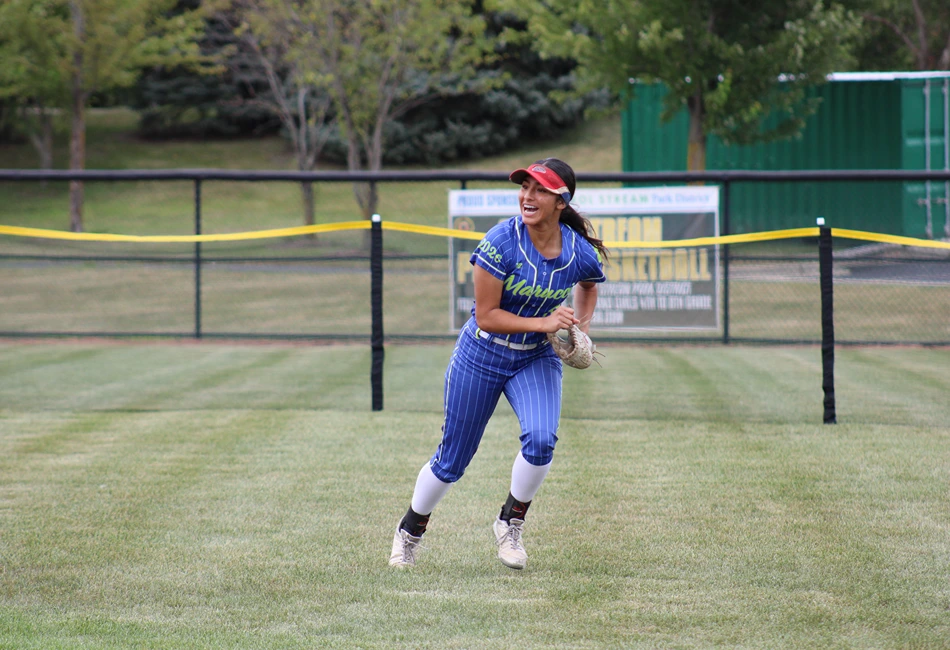
Understanding the sociocultural effects
Sports tourism has evolved into a vital component of community development, blending cultural heritage with economic opportunity. By hosting major sporting events, communities can showcase unique cultures and natural beauty, which provides the opportunity to enhance visibility on a statewide, national or even world stage. Sports tourism’s role in fostering economic growth is underscored by its ability to drive infrastructure investments, create jobs and stimulate local business growth.
Community First Champion Center in Grand Chute, Wisconsin, opened in November 2019 with 164,000 square feet of adaptable indoor space for a wide variety of sports. It was a major step forward for Fox Cities communities, accounting for about 40 percent of sports tourism efforts in the area, witnessing steady growth in the number of visiting teams events and hotel room nights over the past three years.
“We put 25 percent of our room tax collections away into our Tourism Development Grant fund for community development,” said Matt Ten Haken, director of sports marketing at Fox Cities Convention & Visitors Bureau. “Since our CVB’s foundation in 1988, we have given over $10 million in grants to brick and mortar campaigns. We know that the majority of the use and enjoyment of parks, museums and performing arts centers are by community members. Sports tourism can obviously drive business and that’s really important, but the community benefit is just as important, and we can do both if we do it wisely.”
In addition to the aforementioned benefits, sports tourism is a powerful tool for promoting social cohesion and community pride. Sports tournaments, marathons, regional championships and more encourage participation and community engagement, which fosters a sense of shared identity. “Beyond the ‘heads in beds’ of sports tourism, [Community First Champion Center] has allowed us to provide more opportunities for kids to play,” said Ten Haken. “My daughter is playing in a volleyball camp there as we speak.”
According to a 2023 study on the impact of environment, culture and sports tourism on the economy by Sonia Lohana et al., “sports tourism promotes community engagement and social cohesion,” uniting residents and visitors in shared experiences that celebrate local culture and environmental assets. This cultural exchange enhances mutual understanding and enriches the community’s social fabric, strengthening bonds that can be long-lasting.
“What I’ve found over the past 14 years in this position is that there’s nothing more rewarding than to help create facilities or events in this community,” said Ten Haken. “Seeing kids playing in tournaments here and their families visiting local businesses is super rewarding to see, knowing that [money spent] is going directly to our friends and neighbors who own and operate
Moreover, sports tourism encourages the preservation of cultural heritage by placing value on local traditions, landscapes and customs. Lohana et al. note that preservation is often supported by infrastructure development tailored to maintain and highlight the area’s unique qualities. By strategically combining cultural assets with environmental beauty, communities create an appealing destination image that attracts tourism sustainably, supporting both heritage preservation and environmental health.
With these combined benefits, sports tourism has emerged as a community builder and cultural connector. This dual impact illustrates the power of sports tourism to foster sustainable growth, build lasting cultural bridges and create a legacy of social and economic vitality within host communities.
Level Up Your Event Planning Skills—Subscribe Now and Download the SPG Magazine for Expert Tips and News
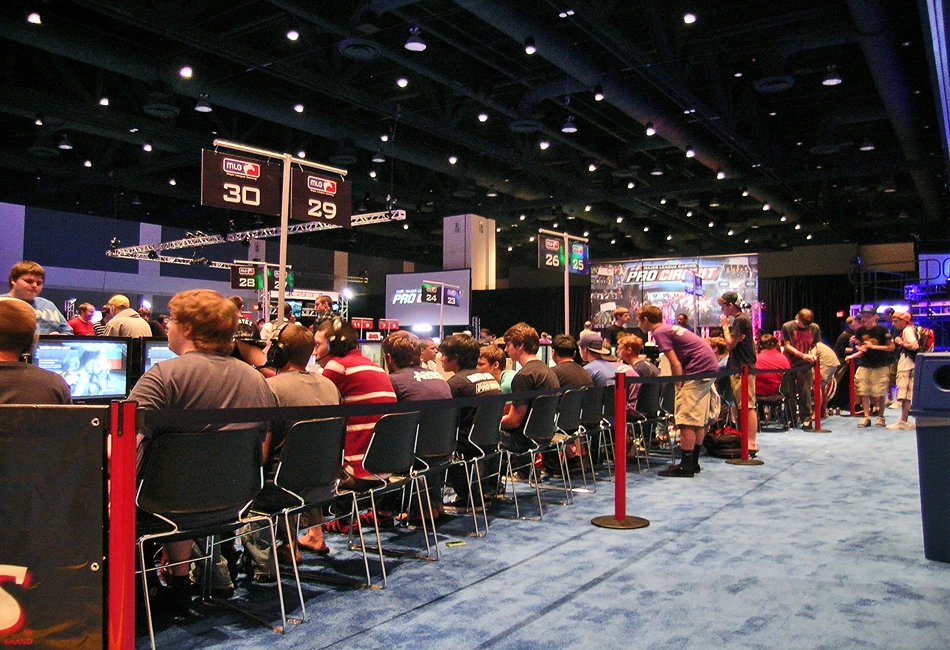
Sports tourism’s deeper economic impact
Employment opportunities often increase significantly in tandem with sports tourism. From event management to hospitality and retail positions, sporting events and the facilities that host them bring full-time, part-time and temporary jobs that generate income for residents and support local economies.
“We employ 40 part-time employees, most of which are high school or college students in the area,” said Ten Haken on employment and opportunities created by Community First Champion Center. “Getting them that first taste of working in the sports industry and customer service, a lot of skills that they’re learning are transferable to many other career paths. In addition, a legacy scholarship fund is awarded every year to three high school-graduating students that either played, volunteered or worked at the center.”
In the study Creating Community Through Sport by Cimarron Global Solutions, long-term infrastructure development is another crucial benefit of sports tourism. On a grander scale, to accommodate and attract major events, communities often need to invest in infrastructure, upgrading sports facilities, transportation systems and public amenities, such as for the recent 2024 Summer Olympics in Paris. If done right, these improvements benefit not only the visitors but also enhance the quality of life for the community, leaving a legacy of well-maintained, high-quality infrastructure that continues to serve families long after the events have concluded.
Igor Bakovic, director of sports at DuPage Sports Commission (DSC), spoke about the positive effects of investments, which has helped in creating and expanding its vast number of tournaments and events throughout the years.
“DSC thoughtfully reviews its budget so we can use our funding in the most advantageous way possible,” said Bakovic. “Each opportunity is viewed from all perspectives: Impact for our venues, benefits for residents and local athletes, the goals of our partner organizations and the economic impact of driving sports visitation. We look forward to growing financial support so we can continue to make these important investments locally and for the industry as a whole.”
A strategic path to economic growth and community enrichment
Sports tourism offers communities a dynamic pathway to both economic growth and sociocultural enrichment. Through local and national events, destinations are seeing substantial economic impacts not only in revenue but also in job creation, infrastructure development and brand visibility. Beyond the financial gains, sports tourism strengthens community bonds, fosters local pride and offers the chance to preserve cultural heritage.
The results are enduring, where communities become more cohesive, facilities serve locals year-round and a destination’s appeal broadens. For communities looking to enhance their economic and social vitality, investing in sports tourism is a strategic move worth taking.
Join the Community of Sports Planners! Get Your Free Subscription and Download the Sports Planning Guide Magazine for FREE

